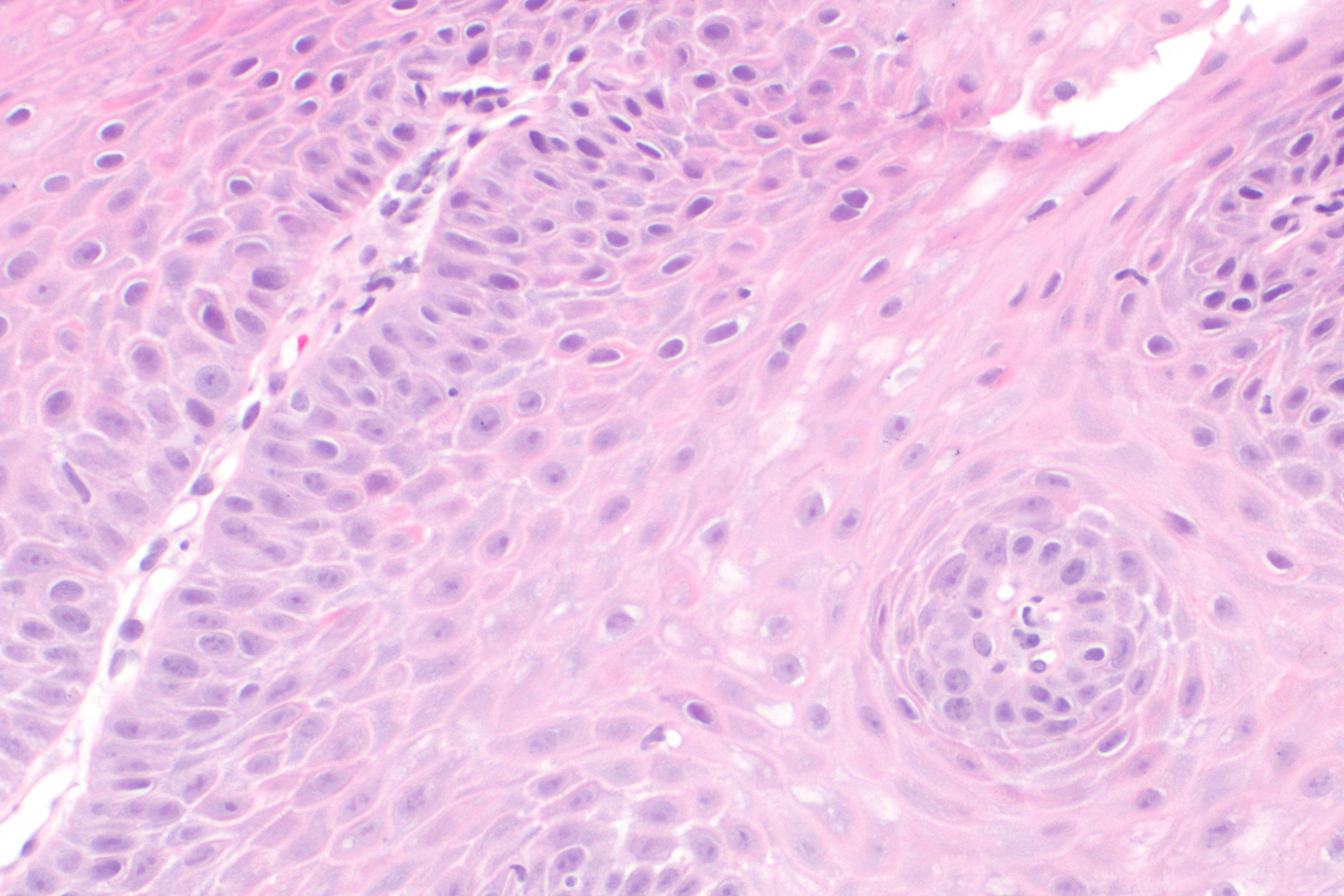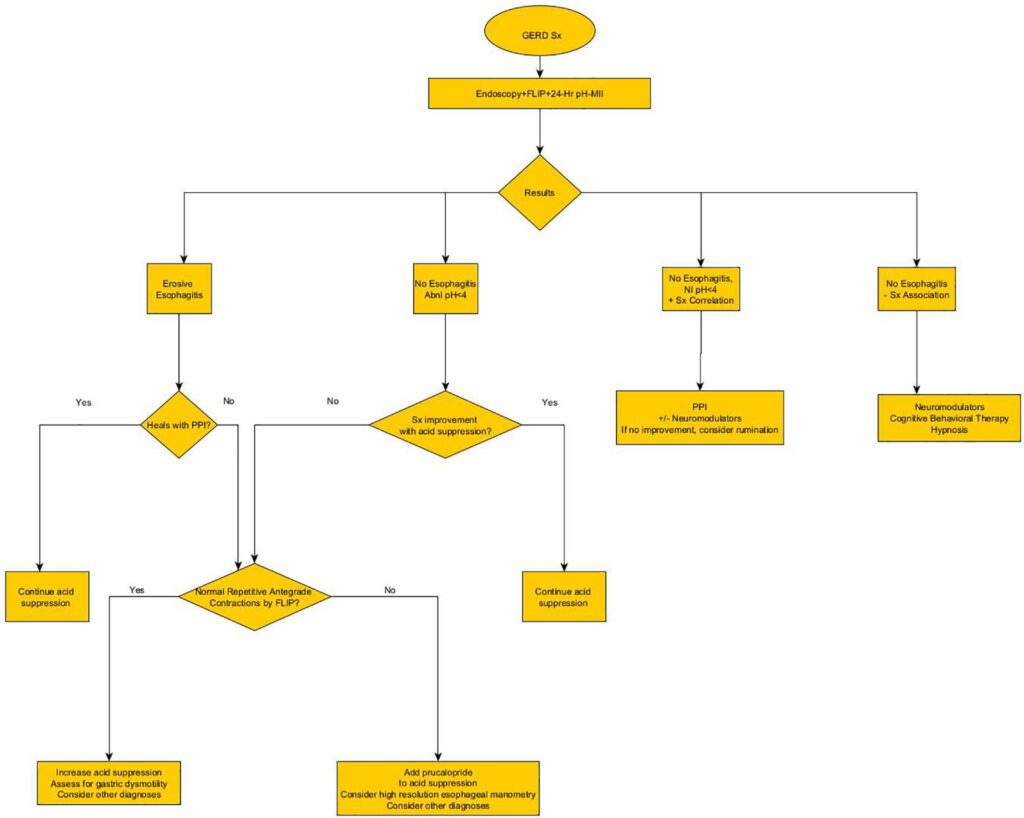Gastroesophageal Reflux Disease, commonly referred to as GERD, is a chronic condition that affects millions of people worldwide. It occurs when stomach acid frequently flows back into the tube connecting your mouth and stomach, known as the esophagus. This backwash, or reflux, can irritate the lining of the esophagus and cause a range of uncomfortable symptoms. Understanding the causes, recognizing the symptoms, and exploring available treatments are essential steps in managing this condition effectively.

What Is Gastroesophageal Reflux Disease?
Gastroesophageal reflux disease is more than just occasional heartburn. While many people experience acid reflux from time to time, those with this condition deal with it on a regular basis, often multiple times a week. The repeated exposure of the esophagus to stomach acid can lead to complications if left untreated. These may include inflammation, ulcers, and even an increased risk of esophageal cancer in severe cases.
The Role of the Lower Esophageal Sphincter
A key player in this condition is the lower esophageal sphincter. This ring of muscle acts as a valve between the esophagus and the stomach. Normally, it opens to allow food to pass into the stomach and then closes tightly to prevent backflow. In individuals with this condition, the lower esophageal sphincter may become weak or relax inappropriately, allowing stomach acid to travel upward.
Common Causes of Gastroesophageal Reflux Disease
Several factors contribute to the development of this condition. While some are related to lifestyle choices, others may be due to underlying health issues. Identifying these causes can help individuals take preventive measures and manage their symptoms better.
Dietary Habits
- Fatty and Fried Foods: Consuming foods high in fat can slow down digestion and increase the likelihood of acid reflux.
- Citrus Fruits and Tomatoes: These acidic foods can exacerbate symptoms by increasing the acidity in the stomach.
- Caffeinated Beverages: Coffee, tea, and soda can relax the lower esophageal sphincter, making reflux more likely.
- Spicy Foods: Spices can irritate the lining of the esophagus and worsen symptoms.
Lifestyle Factors
- Obesity: Excess weight puts pressure on the abdomen, pushing stomach contents upward.
- Smoking: Smoking weakens the lower esophageal sphincter and increases acid production.
- Pregnancy: Hormonal changes and increased abdominal pressure during pregnancy can trigger symptoms.
- Eating Large Meals: Overeating stretches the stomach and forces acid into the esophagus.
Underlying Medical Conditions
- Hiatal Hernia: A condition where part of the stomach pushes through the diaphragm, weakening the barrier between the stomach and esophagus.
- Asthma: There is a link between asthma and acid reflux, though the exact relationship is not fully understood.
- Delayed Stomach Emptying: When the stomach takes longer to empty its contents, the risk of reflux increases.
Symptoms of Gastroesophageal Reflux Disease
The symptoms of this condition can vary from person to person. Some individuals may experience mild discomfort, while others may face more severe issues. Recognizing these symptoms early can help in seeking timely treatment.
Heartburn
One of the most common symptoms is heartburn, which is characterized by a burning sensation in the chest. This discomfort often occurs after eating and may worsen at night when lying down. Heartburn can sometimes be mistaken for a heart attack due to its location and intensity.
Regurgitation
Regurgitation occurs when stomach acid or undigested food comes back up into the throat or mouth. This can leave a sour or bitter taste and may cause nausea. In severe cases, regurgitation can lead to choking, especially during sleep.
Dysphagia
Dysphagia refers to difficulty swallowing. Individuals with this condition may feel as though food is stuck in their throat or chest. This symptom can be alarming and may indicate complications such as esophageal narrowing or damage.
Chronic Cough
A persistent cough, especially at night, can be a sign of this condition. Acid reflux can irritate the throat and airways, leading to coughing fits. This symptom is often mistaken for a respiratory issue, delaying proper diagnosis and treatment.
Hoarseness
Hoarseness, particularly in the morning, can result from stomach acid irritating the vocal cords. People with this condition may notice a change in their voice or experience frequent throat clearing.
Treatment Options for Gastroesophageal Reflux Disease
Managing this condition involves a combination of lifestyle changes, medications, and, in some cases, surgical interventions. The goal of treatment is to reduce symptoms, heal any damage to the esophagus, and prevent complications.
Lifestyle Modifications
Making certain adjustments to daily habits can significantly improve symptoms. These changes are often the first line of defense against this condition.
- Dietary Changes: Avoiding trigger foods, eating smaller meals, and staying upright for at least two hours after eating can help reduce reflux.
- Weight Management: Losing excess weight can relieve pressure on the abdomen and improve symptoms.
- Quitting Smoking: Smoking cessation can strengthen the lower esophageal sphincter and reduce acid production.
- Elevating the Head of the Bed: Raising the head of the bed by a few inches can prevent nighttime reflux.
Medications
Over-the-counter and prescription medications are often used to manage symptoms and promote healing of the esophagus.
- Antacids: These neutralize stomach acid and provide quick relief for mild symptoms.
- H2 Receptor Blockers: Medications like ranitidine and famotidine reduce acid production and offer longer-lasting relief.
- Proton Pump Inhibitors: These drugs, such as omeprazole and lansoprazole, block acid production and allow the esophagus to heal.
Surgical Interventions
In cases where lifestyle changes and medications fail to control symptoms, surgery may be considered. Surgical options aim to strengthen the barrier between the stomach and esophagus.
- Fundoplication: This procedure involves wrapping the upper part of the stomach around the lower esophageal sphincter to tighten it.
- Linx Device: A ring of magnetic beads is placed around the lower esophageal sphincter to reinforce it without restricting the passage of food.
Alternative Therapies
Some individuals explore alternative therapies to complement traditional treatments. While evidence supporting these methods is limited, they may provide additional relief for some people.
- Herbal Remedies: Certain herbs, such as ginger and chamomile, are believed to soothe the digestive system.
- Acupuncture: This ancient practice may help reduce symptoms by promoting relaxation and improving digestive function.
When to Seek Medical Attention
While occasional acid reflux is common, persistent symptoms should not be ignored. Seeking medical attention is crucial if you experience any of the following:
- Severe chest pain or difficulty breathing
- Frequent vomiting or blood in vomit
- Unexplained weight loss
- Difficulty swallowing that worsens over time
These symptoms could indicate a more serious underlying condition that requires prompt evaluation and treatment.





